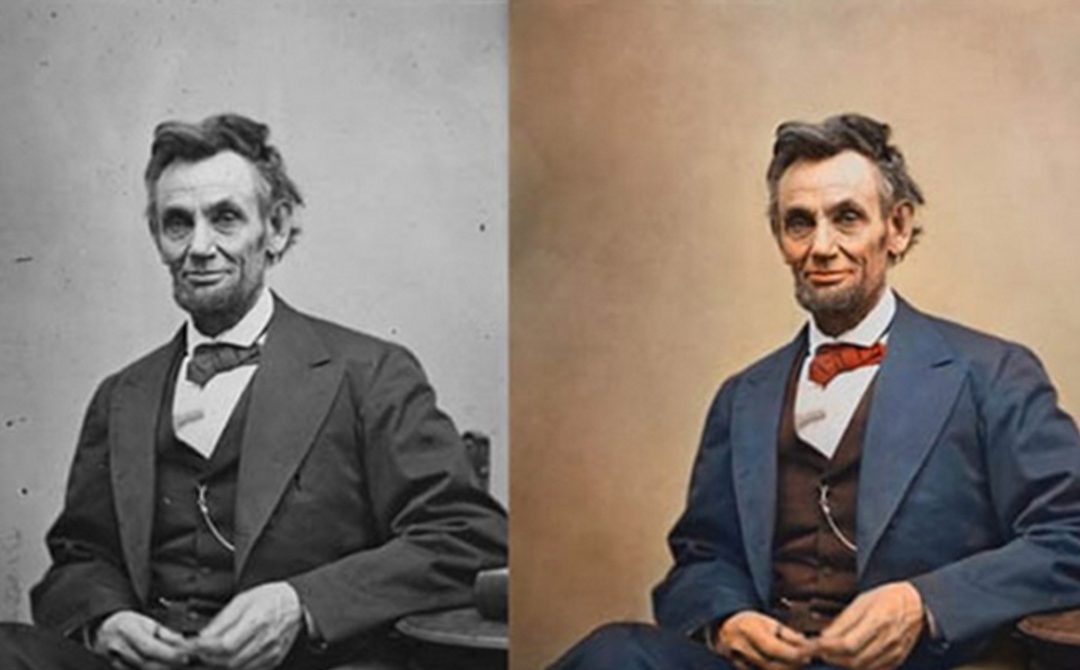
Forget Missional. There’s a new ‘M’ word on the Block.
Now I don’t mean to say that our fundamental ecclesiology of participating in what God is already doing in his world is, in any way, shape or form, off. Not at all. Or that this shouldn’t still be part of our conversations as Kingdom leaders. Rather, that all of the evangelical jargon around ‘missional’ has certainly reached its’ tipping point. Dallas Willard would often say, “Familiarity leads to unfamiliarity.” Something can become so commonplace that we forget what it even means.
Missional is so commonplace, so past buzzword status, that we might be well on the other side of being able to have helpful conversations using that word. And in response, many have moved on, searching for the next best thing that will ‘save’ the American church. (though I think a thorough an thoughtful post-mortem needs to be done on this phenomenon). Missional is far from dead and the principles it was going after are still strong and at work. But the word has given way and movement on to the next big thing.
But moved on to what?
Well I think you hear it everywhere. Every network, every denomination every church seems to be using the word. You hear whispers of it, as well as billboard signs of it that scream we want to lead it, be a part of it, start it, create it, engineer it, steward it, multiply it.
What is it?
Well it’s ‘movement.’
I feel like for the better part of 6 or 7 years, my life and world inside the conversation of the church has been inundated with movement talk. What happens when Missional meets Discipleship meets Multiplication meets Leadership meets Reformation?
Movement.
What does God want? Movements. What was the New Testament church? A movement. What has God used to change the world in the past? Movements. What was the Reformation? A movement. What do we need today? A movement.
What does the world really, really need? (A movement that I lead!)
And so books are written, conferences are thrown, cohorts and communities started, nomenclature to describe our churches change and our measurements for success altered.
And I’m not actually saying all of these are wrong or unhelpful. I actually think there is great value in some of this thinking and practice.
But as with all things, there can emerge a subtle nuance and shadow side, right? The church growth cycle created a culture where we judged our value by the size of our church. The emergence of the leadership cycle meant we judged our value by how much of a leadership guru we were and how sophisticated our development process. The transition to the Missional cycle meant our value is found in…well…I don’t know that it was even around long enough to fully determine that.
And now with the Movement cycle, it’s about how movemental your movement is (yes, the redundancy is needed because there are, of course, degrees of movemental-ness). Be careful, because you can’t simply lead a church or an organization or anything else without being seen as slightly-lesser-than.
Must. Be. Movement.
Because if it’s not a movement, perhaps “it’s not even worth being part of.”
There seems to be a special kind of need to be part of a movement right now with Christian leaders that passes the ‘smell test’ of what we seem to continually do as humans: Make idols.
Tim Keller once said, “An idol is any time we make a good thing a great thing.” And what all the movement and Missional and leadership and growth cycles seem to suggest, at least to me, is our proclivity to make idols out of anything and everything. There is a desperate need to define ourselves up and against something, anything, and not live into the words said to us by our Father: “You are mine. And I call you my kid. That’s all you need. You can rest in that.”
There were important things to learn in all of those cycles. Some things more helpful than others. (And some truly unhelpful things as well.) But I can’t get over how much we make good things….great things.
And maybe we need to pause for a moment and just be honest about the movement talk. Seriously. Think about this: True movements are really, really, really (really!) rare.
Really rare.
And when we start talking about movements of God? Man. They get even rarer. We can talk about all the reasons they are rare and how we block what God’s Spirit wants to do with our own pride and ego, but I still can’t get over how rare they are.
My personal thoughts? My thoughts turn to the people serving the Lord long before a movement ever materialized.
I think about how the Moravians prayed and prayed and prayed and evangelized for more than 100 years…and then the Great Reformation bloomed. I think about how the first two missionaries on record in India saw just a handful of converts and died long before they experienced what was to come. I think about the early Celtic missionaries in the 5th and 6th century who saw only a little breakthrough, but learned practices for discipleship, worship, evangelism and bi-vocationalism that would yield massive fruit later (but centuries later after they died).
My mind wanders to Hebrews 11, where it says some of the most important leaders in our spiritual lineage never got to see the results of how God used their life.
I search the scriptures for absolutes that I hear in evangelicalism today like, “God always wants to work through multiplication,” and I just don’t see it. I see how God uses addition. I see how God uses multiplication. But I also see how he uses subtraction.
You know what absolute I do see?
Faithfulness.
I have the privilege to work with a number of churches and organizations and to walk alongside of them as they are going after movement. Moreover, the church I have the privilege to lead in…we are going after movement. Our strategies, practices, philosophy of ministry…it’s going after that. We believe it takes each man, woman and child God has entrusted us to reach every man, woman and child without them having to come or go anywhere. Sometimes I think we’re seeing movemental things happen.
Do I think we should go after movements of God? Yes. But we don’t control the outcome of that. We can’t judge our Kingdom effectiveness by whether we start, are part of or lead a movement. And I don’t want to judge my ‘success’ as a leader by whether I’m part of or creating or leading a movement. I don’t control that.
I can only be faithful to who I am in Christ and to do what he’s called me to do. Over and against everything else, this is what God wants.
Truth be told, I have no idea how God will choose to use my life or the life of my family. I don’t know how ‘significant’ we will be. I just don’t. Are we part of something that’s the next Reformation or am I the unknown missionary in India who God used to build a foundation, but never saw the promises materialize?
And if that’s not enough? Then my life says God isn’t enough.
I want fruit from my life, but I can’t pretend I know how God will use my life. But I do know the baseline is faithfulness and we can’t do that if we’re so prone to make idols out of each new wandering evangelical cycle.
I understand that’s human nature. But my prayer is that the transformative power of the Gospel and the work of the Holy Spirit would fundamentally change that cultural aspect of the evangelical church.
Heck. I pray that it would change in my own life!
There is one, and one alone, who gives me my name, place, home and identity. And because I’m not him, I can’t presume to know how he will use me.
All I can do and all I can pray is this:
“I am no longer my own, but yours.
Put me to what you will, rank me with whom you will.
Put me to doing, put me to suffering.
Let me be used by your or laid aside for you,
Exalted for you or brought low for you.
Let me be full, let me be empty.
Let me have all things, let me have nothing.
I freely and heartily yield all things to thy pleasure and disposal.”







